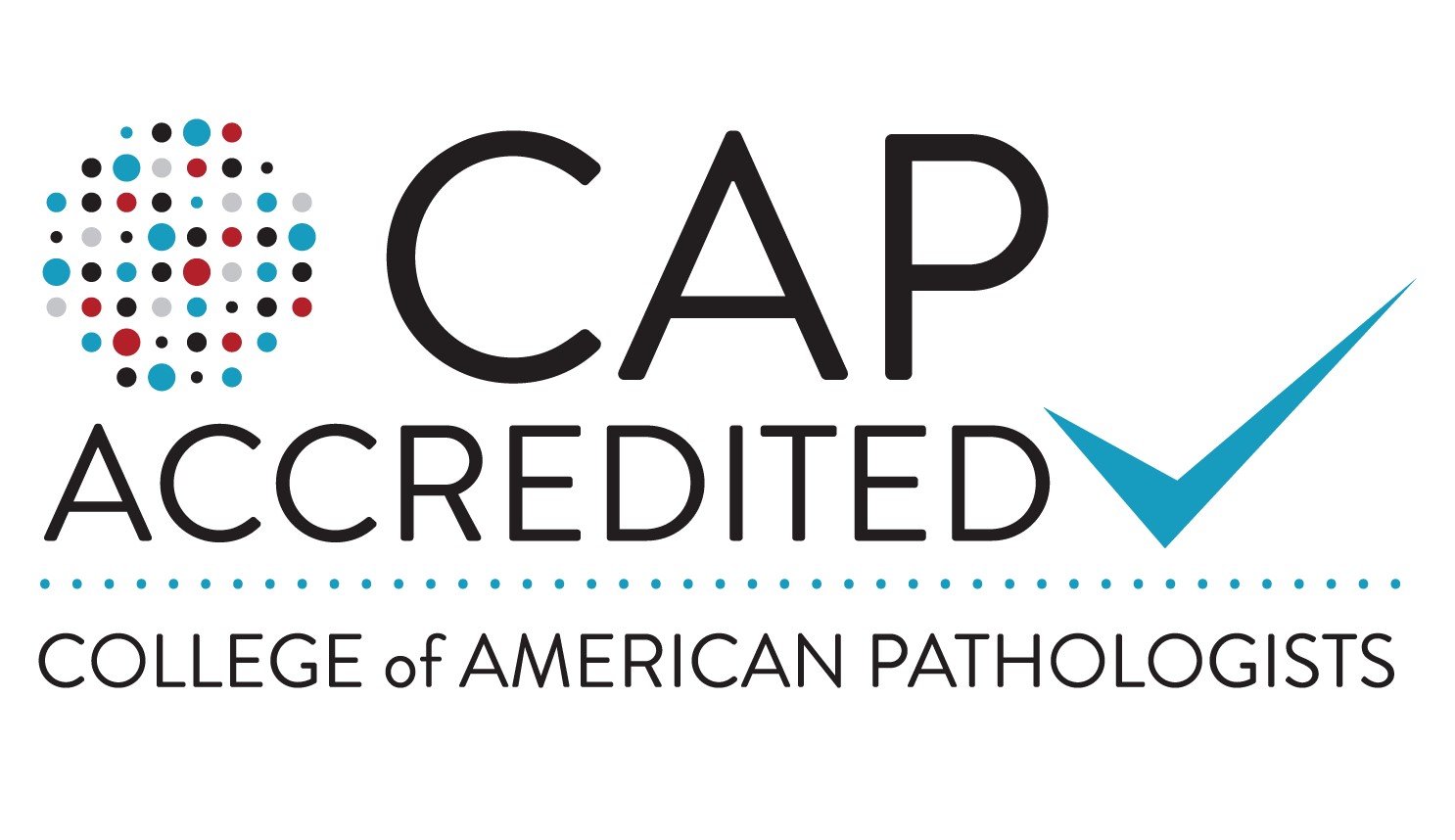 As the world shut down during the COVID-19 pandemic, many organizations have had to adapt the way they do business. The College of American Pathology (CAP) has had to change the way they do inspections to ensure safety for both their inspectors and the labs they are accrediting. Here is what you can expect if you have an upcoming inspection.
As the world shut down during the COVID-19 pandemic, many organizations have had to adapt the way they do business. The College of American Pathology (CAP) has had to change the way they do inspections to ensure safety for both their inspectors and the labs they are accrediting. Here is what you can expect if you have an upcoming inspection.
CAP is now offering virtual and hybrid inspections, depending on your lab’s circumstances. As more people are vaccinated you can likely expect a hybrid inspection, as the virtual inspection isn’t actually completely virtual (more about that later!). For both hybrid and virtual inspections, the document review, as well as opening and closing conferences and executive interviews are done online. To do the remove interactive document review, you need to either provide CAP with guest access to your lab’s document management system, or you need to use CAP’s filesharing SharePoint site.
Documentation to be shared includes policies and procedures, personnel files, examples of reports, maintenance logs, quality control, etc. When putting together this material to share with the inspectors virtually, you should develop an agreed upon organization system for the SharePoint folders. It will be helpful to have an Excel sheet with all of the requested documents, the location, and the file name for reference and to make sure you get them everything they need. You will also want to make sure that your IT team is on board with the process, and that they can verify that you’ll be able to use Skype, Facetime, Zoom, etc for any meetings. If that is not something you regularly do in your lab, test out the technology before the actual meeting so you don’t waste time troubleshooting during the scheduled time with the inspection team.
Then, in a hybrid inspection, an inspector comes out on site as usual. In a virtual inspection, the on-site evaluation is done via a live stream. Even if you do a virtual inspection with the live stream on-site portion however, CAP is still requiring that an on-site visit take place 4-6 months afterwards. This follow-up visit isn’t a complete second on-site inspection but is to directly observe testing procedures. They will focus on labeling, reagent storage, and infection control. This is a requirement from CLIA, so if your lab isn’t subject to CLIA requirements, for example an international lab, then you won’t be required to do the follow up visit, unless they find they can’t do everything they need to ensure compliance virtually.
In order to qualify to do the virtual inspection you have to be in good standing, be able to provide electronic access to your evidence of compliance, have a reliable Wi-Fi connection, and have a device that you can use to do the livestream. CAP will not accept pre-recorded video, it has to be a livestream for the virtual inspection.
GEN.41316 Update for Inspectors and CAP-Accredited Laboratories
CAP also made an amendment to the checklist requirement GEN.41316 for the reporting of COVID-19 results. This infectious disease checklist item says, “There is a policy regarding the timely communication, and documentation thereof, of diagnoses of infectious diseases of particular significance (eg, human immunodeficiency virus, COVID-19*, and tuberculosis).”.
“NOTE: The laboratory should have a policy to ensure that diagnoses of human immunodeficiency virus infection and other serious infections (for example, tuberculosis or COVID-19) are communicated to the responsible clinician in a timely manner. The intent of this checklist item is NOT to require that these diagnoses be treated as critical results (this decision is up to the laboratory director); rather, the intent is that the laboratory assures that its reporting system is effective.”
“*Effective September 2, 2020, laboratories subject to US regulations performing testing intended to detect SARS-CoV-2 or to diagnose a possible case of COVID-19 must report positive and negative results to local or state health authorities in a standardized format and at a frequency specified by the Secretary of Health and Human Services (HHS) to include all molecular, antigen, and antibody test methods used in laboratories with all types of CLIA certificates. This requirement applies to COVID-19 tests of all levels of complexity (including waived). Laboratories not in compliance by September 23, 2020 may be subject to sanctions and civil money penalties from the Centers for Medicare and Medicaid Services. This requirement also applies to the Department of Defense and Veterans Affairs laboratories for testing performed in the United States and its territories. The reporting requirement does not apply to surveillance testing (used to gain information at a community or population level, rather than an individual level) where patient-specific test results are not reported.”
This update will be on the new checklists but if you have an old checklist you’re working off of, you still need to comply with this standard.
You can find additional information and any new updates on the CAP website. https://www.cap.org/news/2020/latest-on-the-novel-coronavirus-covid-19
#2021#LaboratoryOperations#Blog